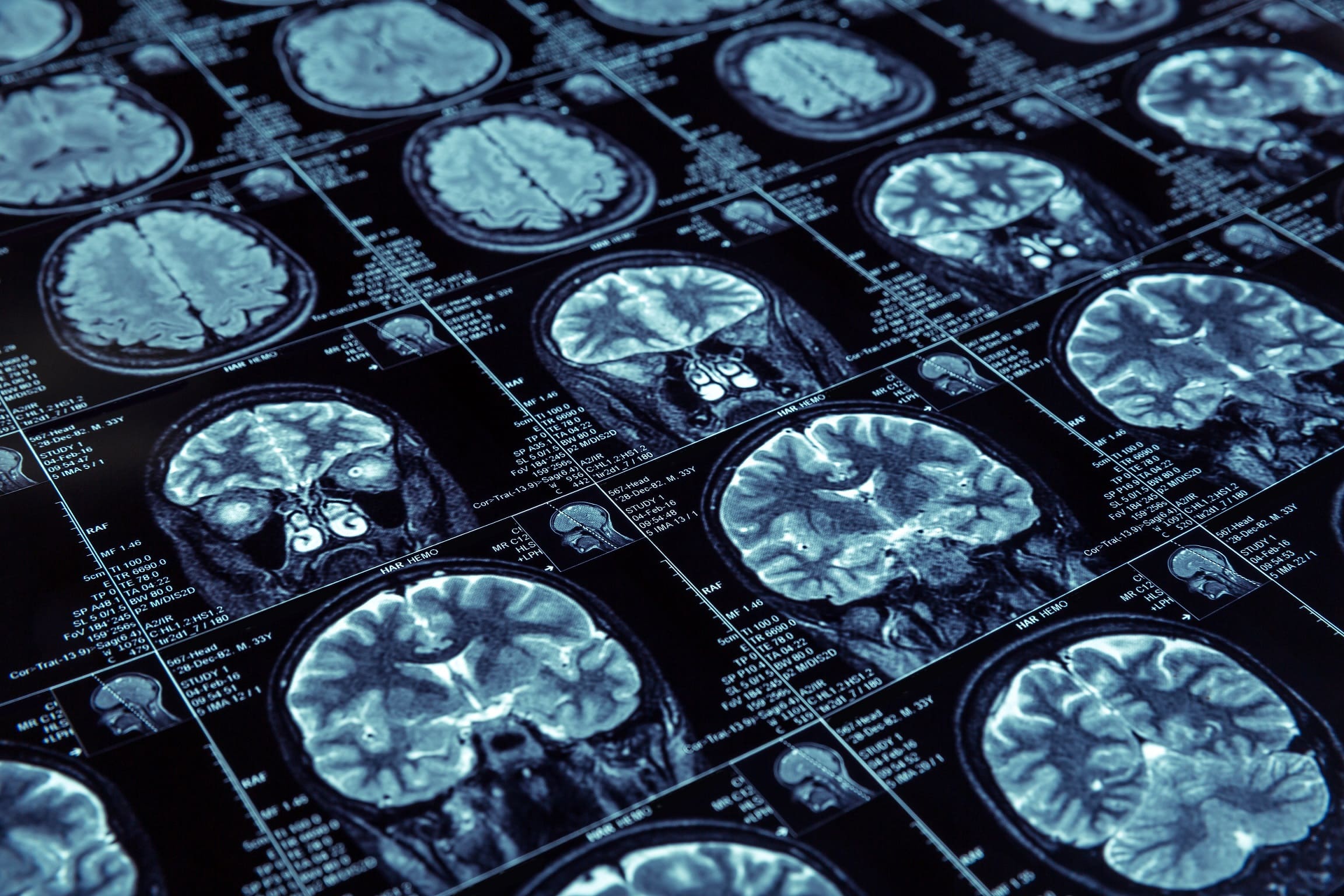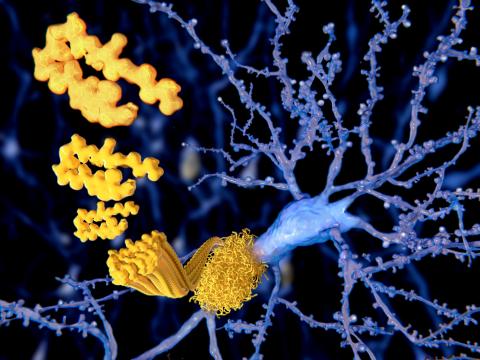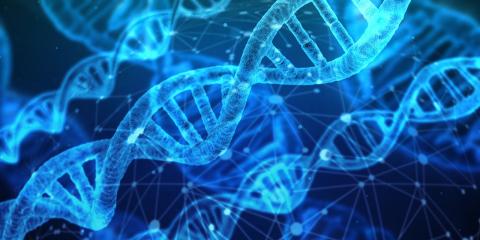Reaction to the study finding prion forms in the brains of people with dementia and Down syndrome
People with Down syndrome are at high risk of developing dementia very similar to that caused by Alzheimer's disease. A study published in the journal PNAS has found that in these people, as had been observed in "classic" Alzheimer's, the characteristic proteins of the disease have prion-like features.

Flórez - Alzheimer Down
Jesús Flórez
Professor of Pharmacology at the University of Cantabria and President of the Ibero-American Down21 Foundation
It is a good study that confirms previous work showing that A-beta proteins and tau proteins can acquire the characteristics of prions, and thus contribute to the expansion of these proteins in the brain, favoring the formation of amyloid plaques and neurofibrillary tangles, which are characteristic lesions of Alzheimer's disease.
The study reveals the precocity of the appearance of such proteins with prion properties in Down syndrome. It reasonably suggests that the early increase of A-beta, by overexpression of the APP gene, facilitates the appearance of tau. The prion nature of both proteins would explain the accelerated accumulation of the characteristic lesions in Down syndrome, and the tendency of people with Down syndrome to develop early Alzheimer's disease.
This is one more fact to consider in the pathogenesis of Alzheimer's disease in Down syndrome.
Condello et al.
- Research article
- Peer reviewed
- People



